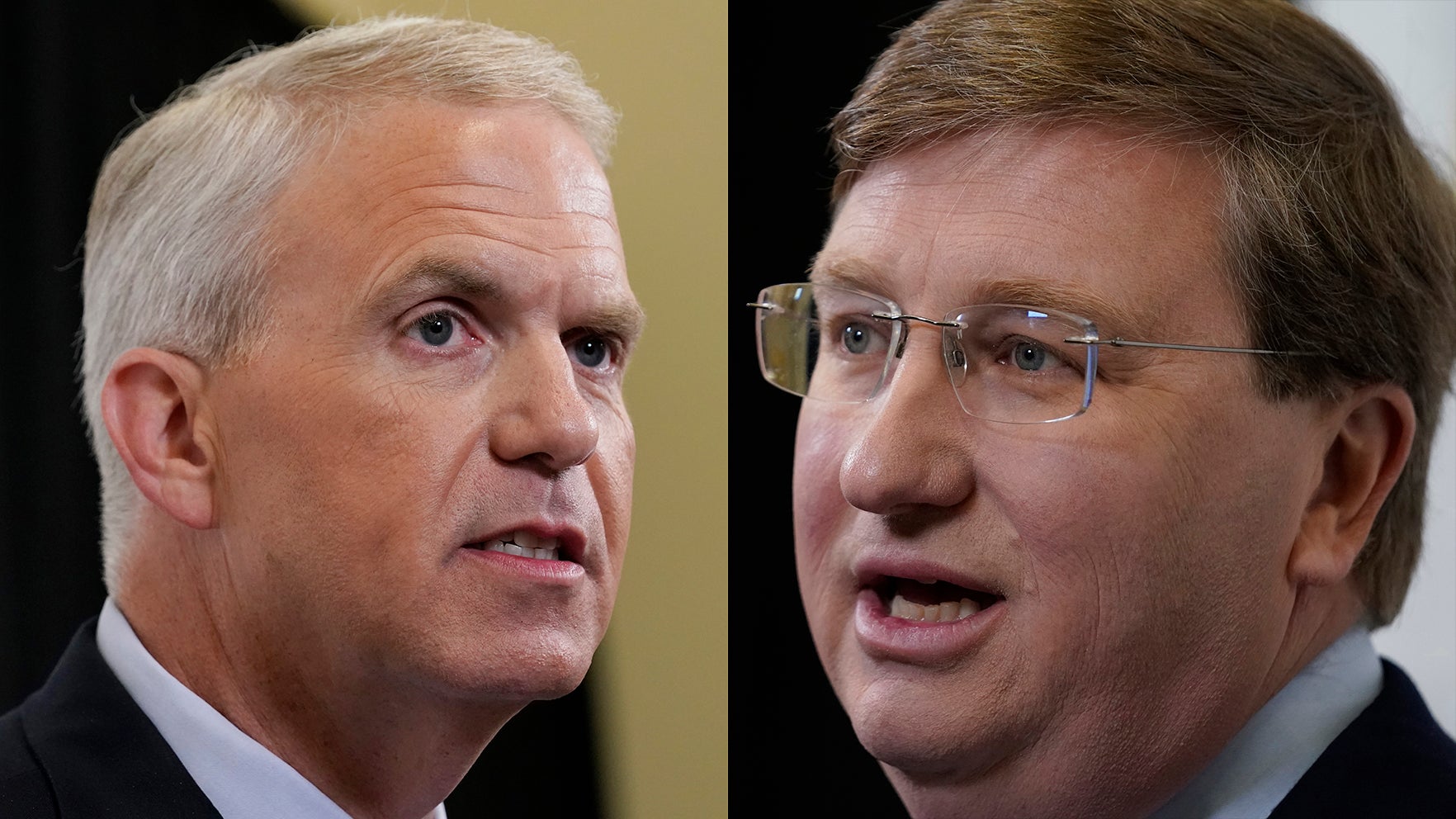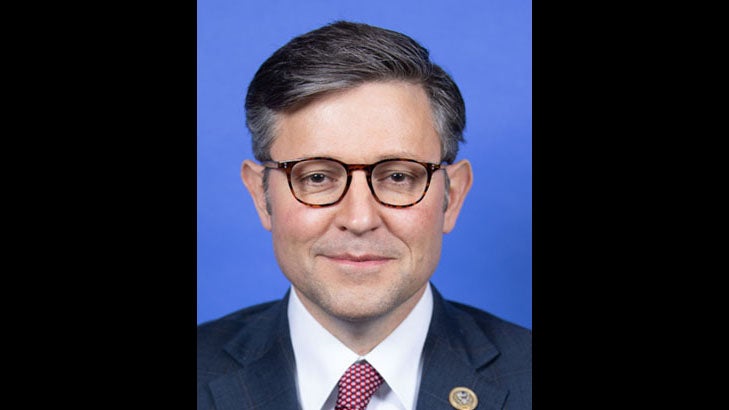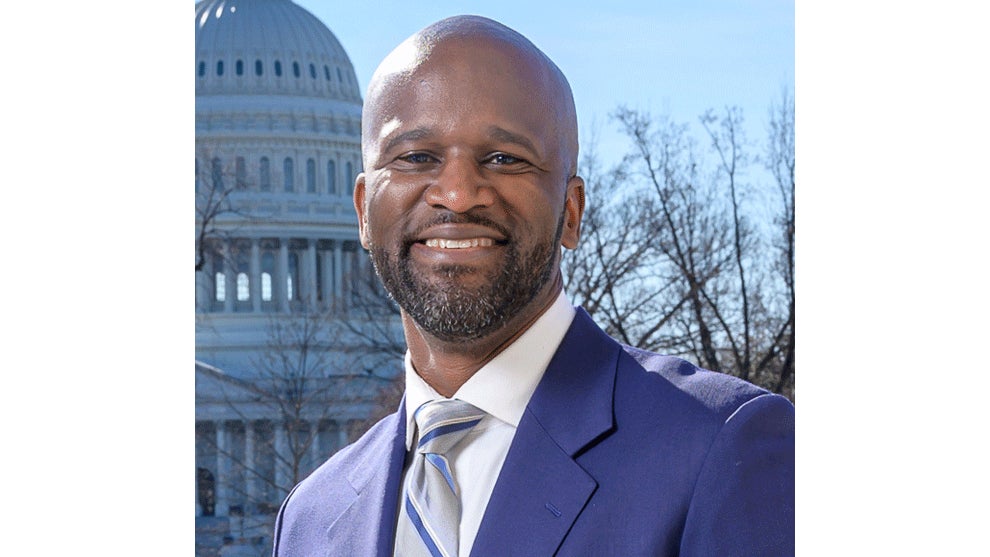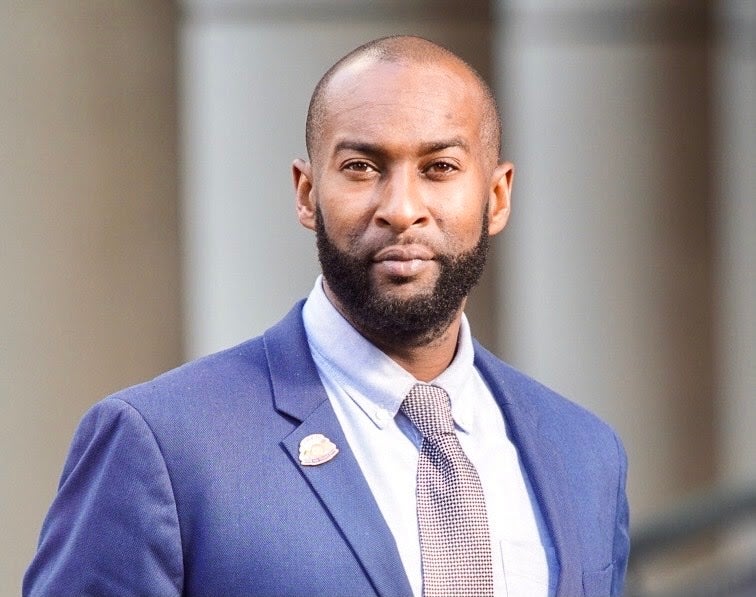Senate won’t debate private school spending
Published 10:01 pm Thursday, February 8, 2018
JACKSON (AP) — A proposal to spend more of Mississippi’s public money to send children to private schools appears dead in the Legislature.
Lt. Gov. Tate Reeves said Thursday that he won’t ask the Senate to move forward with debate on Senate Bill 2623 , which would expand educational savings accounts, because he believes the bill won’t pass the House.
“We need to continue to educate legislators, in both chambers and in both political parties, on the success Mississippi parents have seen in the current ESA program and how school choice will have long-term benefits to our state,” Reeves said in a statement.
A House committee didn’t take up that chamber’s version of the bill before an earlier deadline last month, one signal of low interest by House Speaker Philip Gunn, a Clinton Republican. Gunn has made rewriting the state’s public school funding formula one of his top priorities this year, and even Senate Education Committee Chairman Gray Tollison, an Oxford Republican, has said that the formula rewrite is more important.
Gunn told reporters Thursday that it was “laughable” that Reeves was blaming the House.
“Either it’s an incredibly weak excuse for their inability to get it done, or the House of Representatives is driving this train,” Gunn said. He questioned why the Senate didn’t vote on the bill if a majority favored it.
It’s unclear how much support the measure had in the Senate. Many had voiced opposition, meaning any Senate vote could have been close. The state already pays for a few hundred students who need special education or dyslexia services to attend private schools.
The Senate proposal would have initially limited the vouchers to one-half of 1 percent of Mississippi’s nearly half a million public school students, or 2,400 children, rising the next year to 1 percent, or 4,800, and then increasing from there. Special education students would have gotten $6,500 a year per student, while students who don’t need such services would have gotten about $4,500 a year. The measure would have prioritized use of the money by students with disabilities, but for the first time would also have allowed students without disabilities to attend.





